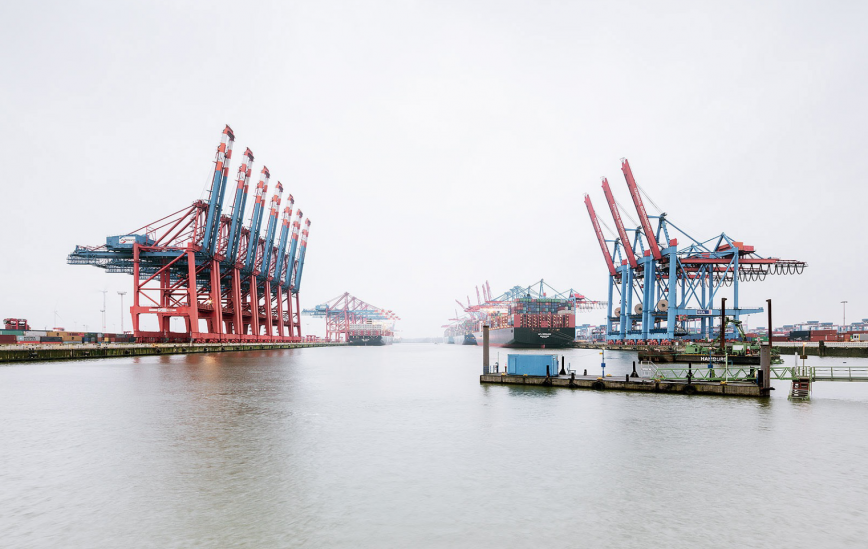Negotiating supplier payments can become your biggest hurdle when sourcing goods from foreign suppliers.
Suppliers need the confidence that you’ll make payment or have the financial backing to complete. You want guarantees to ensure that your supplier performs before releasing funds.
Dealing with new suppliers can become your largest risk impacting your operation right when it’s ready to grow. Paying for goods that never arrive, incorrectly labelled, short-deliveries or faulty goods could sink you overnight.
Depending on the strength of your supplier they may demand a 30% deposit, generally considered to be industry-standard in countries like China. Custom manufacturing or non-core product lines from suppliers will be met with deposit requirements.
In cases where suppliers are required to outlay large commitments during production, they may request additional security that you’re going to make good on payment once completed.
Performance Guarantees
We refer to performance guarantees or production guarantees as a mechanism whereby suppliers are presented with a bond or letter of credit during the manufacturing process.
See also: Why do purchase order financiers pay foreign suppliers with a letter of credit (LC)?

This enables the supplier to procure raw goods and start production knowing that funds are secured away and can be released commonly upon shipping (FOB), (CIF) or ex-works (EXW).
Structuring of guarantee mechanisms generally varies depending on the supplier and the buyer’s relationship including the suppliers own financial backing.
The preferred supplier structure is a 30% deposit to cover raw goods with a balance of 70% secured by a letter of credit upon shipping.
There are many reasons to utilise a guarantee including:
- Security and assurance for your supplier/s
- Performance of goods being produced
- Ensuring funds aren’t transacted until 100% satisfaction of manufacture
- or until goods land in the warehouse and inspected.
The above examples are only a few common reasons. When making payments to suppliers, especially in the early stages of building trust, payment guarantees align all parties to complete transactions with confidence.
Sending large sums of money to foreign accounts acts as an “unsecured loan” to your supplier without any assurances.
Raising a letter of credit
Brand name Banking institutions are the only providers you can safely issue a letter of credit from. When approaching a bank you will be asked to structure all of the terms and conditions to satisfy the release of payment.
This can be tricky and often the smallest mistakes can cause delays or conflicts when negotiating terms of the LC with your suppliers.
The second item you’ll need is the actual money that will be secured by the letter of credit. Your bank will ask you to transfer or purchase the equivalent amount of foreign currency (FX) required to raise the LC to your supplier and the beneficiary bank.
Once you establish a good working history with suppliers it’s common to be granted credit terms. Payment guarantees act as an excellent method of ensuring all parties are protected during procurement stages and delivery while establishing trading relationships.
Need help raising capital for a payment guarantee? Ask Stak.
. . .
We regularly share our thoughts on trade finance, lending, company culture, product strategy, and design.
Stak works with clients that sell to some of the largest buyers in Australia & overseas.


